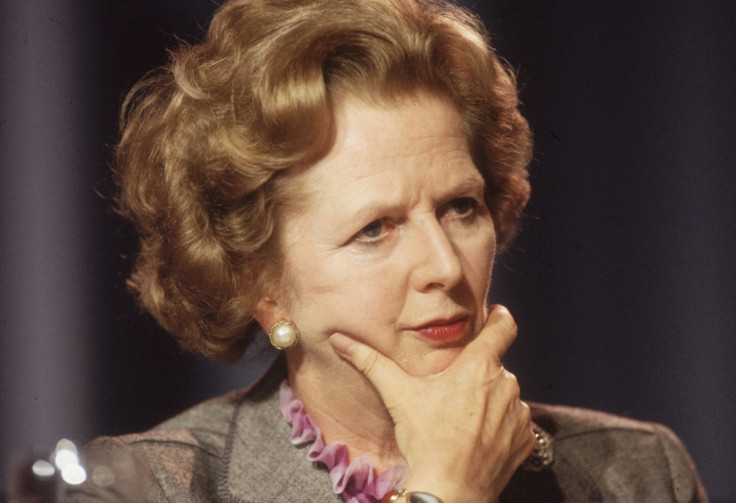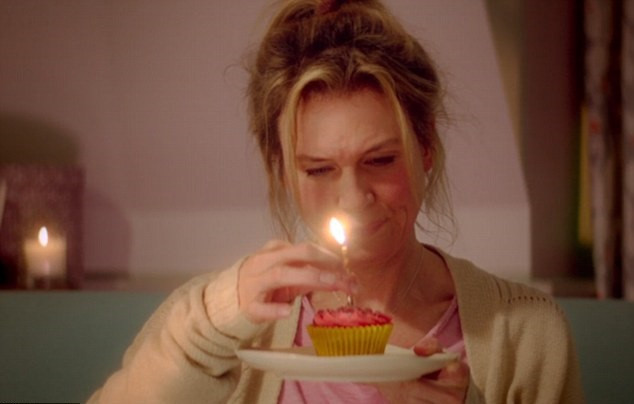You should be more angry about Bridget Jones making the Woman's Hour list than Thatcher winning
Thatcher's legacy lives on, but Jones portrayed women as needy, marriage-obsessed and preoccupied with weight.

Margaret Thatcher has been named as the most influential woman in Britain of the past seven decades. Predictably, an outcry has followed from those who disagreed with her curtailing of union rights, privatisation of national industries and closure of coal mines. But the very fact the late Prime Minister still has the power to provoke such outcry justifies her position at the top of the Radio 4 Woman's Hour Power List: to continue to be divisive after death is exactly the point.
This list is not a popularity contest but a measure of lasting influence that spans decades and generations, seeping into the way we live now. In the same way, when Time unveiled Donald Trump as their Person of the Year last week, his opponents were aghast that the magazine had anointed him a hero. But they had done no such thing – they had rightly pointed out the impact his shock election victory has had, and will continue to have, on the entire world.
Thatcher was more than just the first female Prime Minister of Britain. She was in power for 11 years, transforming the public and private realms: creating the City as it is today, privatising industry, rail and utilities and scaling back the state to the depletion of public services that had to be brought back to life by the Blair government.
Countless parts of our everyday lives have been touched by Thatcher's legacy: if you have struggled to commute to and from work this week because of the Southern Rail strikes, you will know the roots of this dispute lie in the privatisation of national rail. And let's not forget her role as the godmother of Conservative Euroscepticism that gave rise to Brexit.
While I cannot argue with Thatcher's position at number 1, I am uneasy at some of those who join her. There is an unarguable case for three women who have affected the lives of millions of people, often without their knowledge: Barbara Castle, who introduced the Equal Pay Act, Helen Brook, who set up Brook Advisory Centres to widen access to contraception for women, and Jayaben Desai, who campaigned against low pay and poor conditions for women workers.

But Bridget Jones, a fictional character who portrayed single women as needy, marriage-obsessed and preoccupied with their weight, is a dubious person to keep such powerful and enduring company. I doubt it is really true, as the judging panel say, that "everyone knows a Bridget". She does not speak for my generation, which began dating in the 1990s and shunned this parody of a weak, simplistic woman.
She does not speak for my generation, which began dating in the 1990s and shunned this parody of a weak, simplistic woman.
Instead I would like to offer my own – no doubt controversial – entry to the Woman's Hour Power List: Diana, Princess of Wales. Even though she died before it began, her legacy was to set the scene for the 21st century: not only in the monarchy, which was forced to modernise and allow its members to act like human beings, but, for better or worse, in wider society.
The way we as a nation grieve and celebrate, at collective moments like the 2012 Olympics, our culture of oversharing, the tendency of politicians to show they are "human" and in touch with their emotions – all have shades of Diana's life and reaction to her death. As I say, for better or worse. Some will find it controversial. But that is, after all, the point.
© Copyright IBTimes 2025. All rights reserved.






















